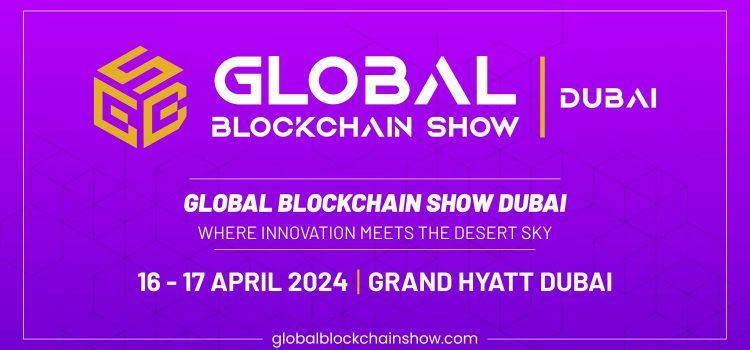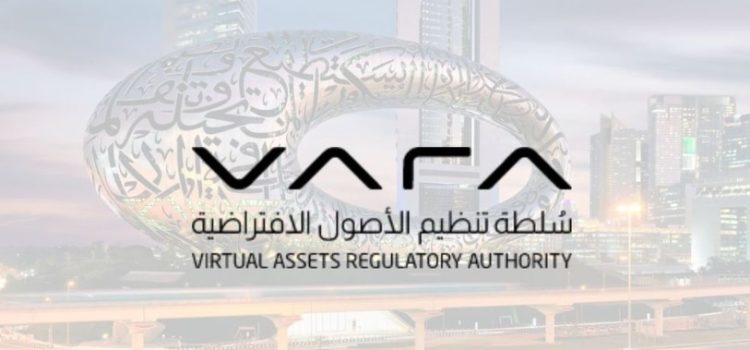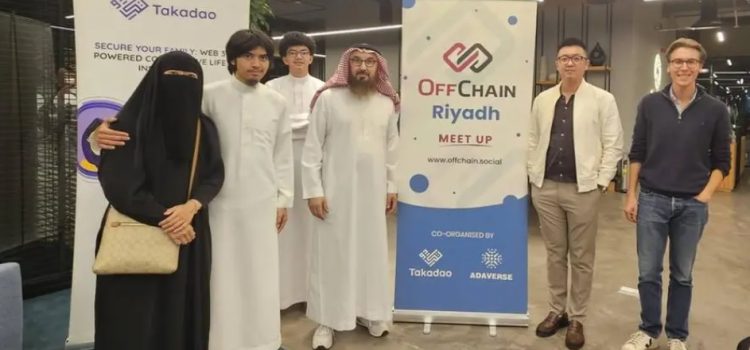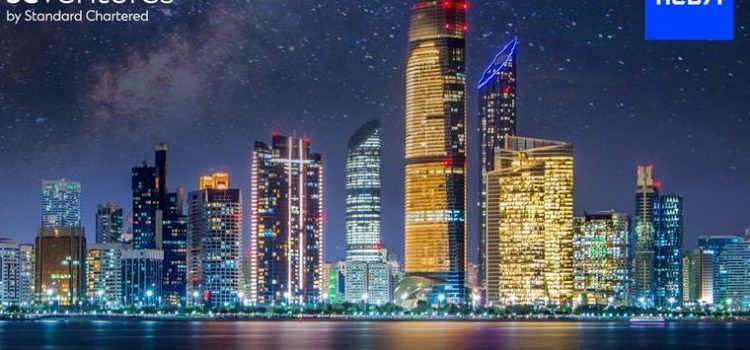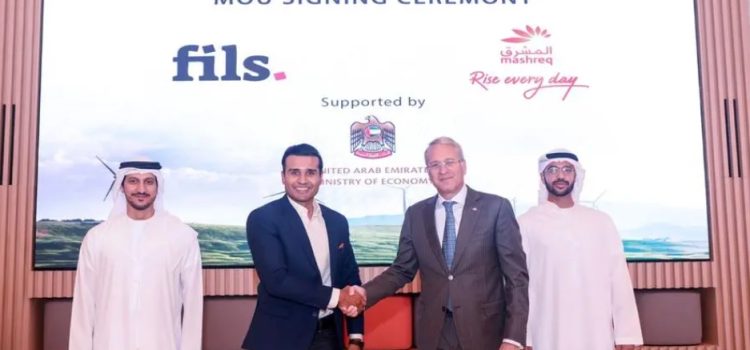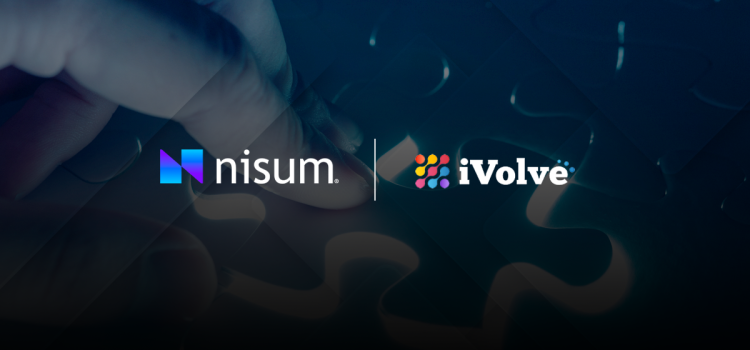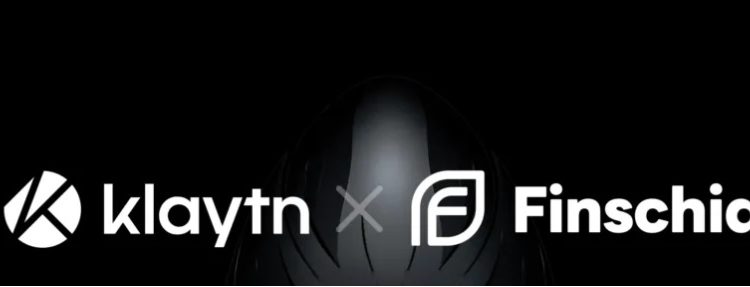
UAE based Klipit a blockchain digital transaction solutions provider has launched a blockchain paperless receipt application to be utilized by the retail and service sector.
As per the press release, the solution aims to redefine commerce with its efficient, eco-friendly approach to transaction management especially since 76% of GCC consumers prefer digital receipts.
Klipit is set to transform retail commerce by introducing a digital receipts system that promises enhanced efficiency and a reduced carbon footprint. Today more than 95% of paper receipts are discarded within days. Kilpit’s digital platform intends to streamline the customer experience and transaction management.
“klipit is more than a response to the market’s call for digital transformation; we’re delivering a comprehensive solution to lead it,” says Mr. Venkat Reddy, CEO of klipit. “In the UAE’s Year of Sustainability, we’re proud to align with the nation’s vision by crafting a platform that combines efficiency with a commitment to sustainability. klipit doesn’t simply change how transactions are recorded; we’re elevating them into opportunities for enhanced customer engagement, growth, and eco-friendly leadership.”
Businesses and consumers can explore its digital receipts vault, a versatile solution aimed at bridging the gap towards achieving comprehensive, eco-friendly goals for a sustainable future.
Designed as a retail application to revolutionize the retail experience through a suite of comprehensive features, the app provides Secure Digital Receipt Management, effectively streamlining the storage and access of receipts, thereby enhancing organizational efficiency. A critical aspect of klipit is its robust Data Security, utilizing blockchain technology to ensure unparalleled protection of transactional data. This is complemented by Business Analytics functionality, which offers valuable insights to help businesses optimize their operations and make data-driven decisions.
Additionally, the app boasts a User-friendly Interface, meticulously crafted to simplify transaction processes for both customers and businesses.









